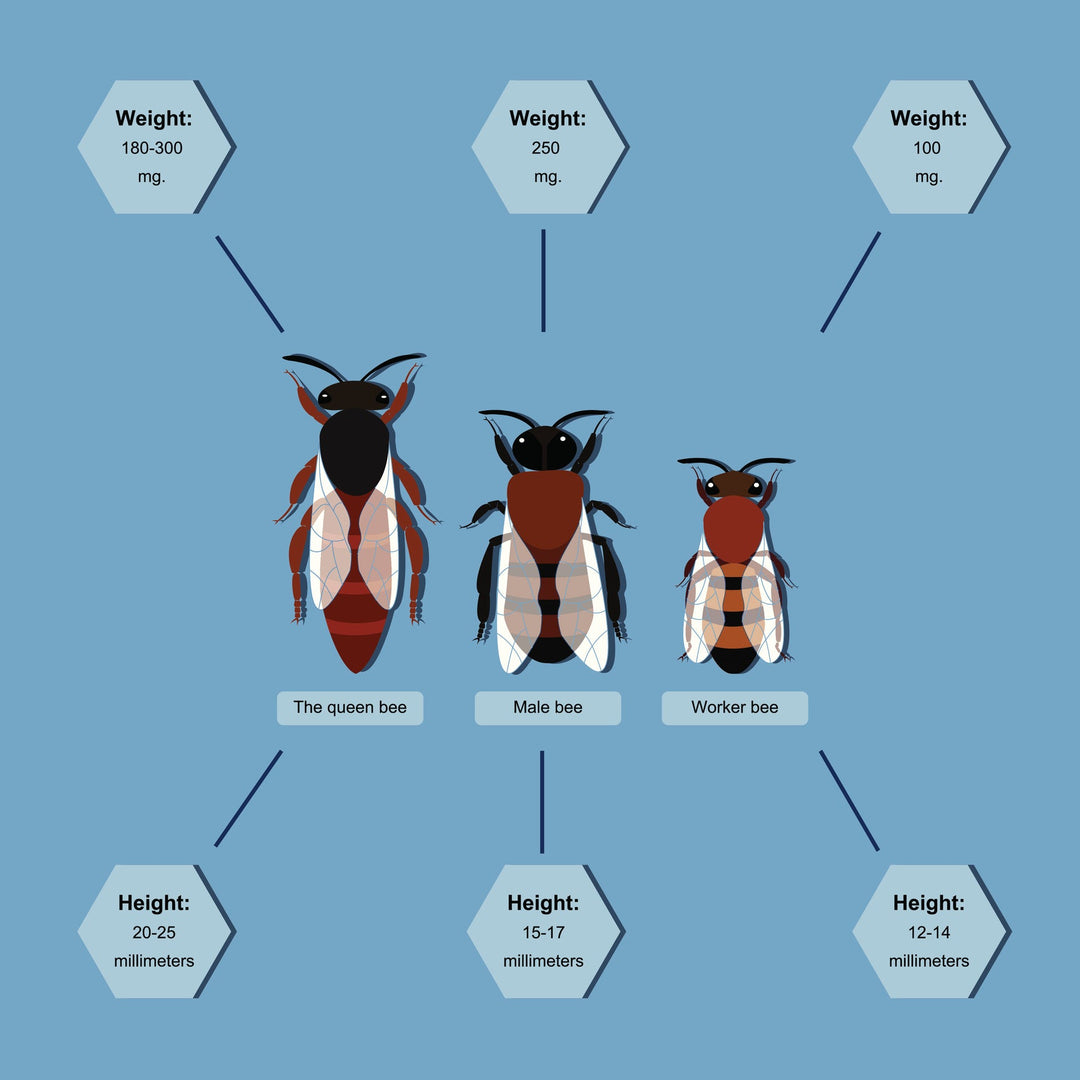Why good gut health is linked to good mental health
What would you think of if we asked you to think of one aspect of looking after your health? Your heart health perhaps? Or maybe your immune health? Or your mental health? All very good answers and all very important aspects of our health that we need to do our best to look after.
But one aspect of our heath we might not instantly think about, is our gut health. We tend to think of our gut as just sort of being there, doing its thing. As long as we don’t overload it with too much food giving us indigestion or eat something past its use by date or undercooked that might upset it, it’s happy, right?
Not exactly. We need to look after our gut health as much as every other aspect of our health. But perhaps also because talking about our bowels isn’t very glamorous, and maybe a bit taboo, we might end up neglecting it.
Our guts are home to trillions of microorganisms including bacteria, fungi and viruses. This might sound alarming, but we need these bugs in order to be healthy. These are our ‘good bugs’, called probiotics and are collectively known as our microbiome (or microbiota, depending on what scientific literature[1] you read - technically they’re our microbiota, the microbiome being the genetic makeup of all these bugs and their surroundings, it’s just that the word ‘microbiome’ has been adopted by popular culture).
Our microbiota is as unique to us as our fingerprint and is a snapshot of the food we eat, the people and animals we mix with and the places we visit. It’s an ever changing snapshot, changing when we eat differently, see different people and visit different places. A healthy microbiota is one that is rich and diverse.
These good bugs influence how healthy our guts are, but much more than this, a healthy gut microbiota also impacts many other facets of our health[2]. This includes having a healthy immune system, helping to prevent obesity, influencing how well we respond to certain medications and crucially, having good mental health.
Research is in its early stages, but suggests that eating to support a healthy microbiota helps to support our mental health. Several studies have found a link between mental health problems such as depression and having an unhealthy, non-thriving gut microbiota[3]. This so-called ‘gut-brain communication’ is still being researched and the reasons why our gut microbiota can impact our mental health isn’t entirely clear, yet, but is thought to be linked to chronic inflammation.
But what we do know, is that eating a diet rich in prebiotic fibre (the kind of fibre we can’t digest, but that our microbiota can, and helps it to thrive) is key to a healthy gut. Prebiotic foods include garlic, onions, dandelion and chicory root, Jerusalem artichokes, asparagus, bananas, apples, barley and oats.
Active, healing honeys like Necta & Hive high TA Jarrah Marri Wild Honey comb honeys also contain prebiotic fibre. So make sure you’re eating your teaspoon a day - we have plenty of delicious recipes!
References
Marchesi, J.R. and Ravel, J. (2015). The vocabulary of microbiome research: a proposal. Microbiome, [online] 3(1). Available at: https://www.ncbi.nlm.nih.gov/pmc/articles/PMC4520061/.
Davis, N. (2018). The human microbiome: why our microbes could be key to our health. [online] the Guardian. Available at: https://www.theguardian.com/news/2018/mar/26/the-human-microbiome-why-our-microbes-could-be-key-to-our-health.
Dinan, T.G. and Cryan, J.F. (2020). Gut microbiota: a missing link in psychiatry. World Psychiatry, 19(1), pp.111–112.
https://onlinelibrary.wiley.com/doi/full/10.1002/wps.20726






